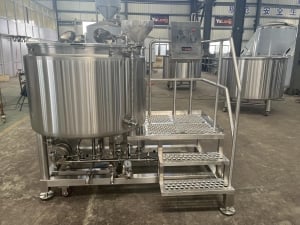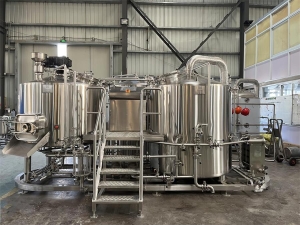Fermenting tanks are the unsung heroes of brewing and fermentation. Whether you’re a homebrewer, an artisanal producer, or part of a large-scale industrial operation, understanding the intricacies of fermenting tanks is essential. This comprehensive guide explores everything you need to know about fermenting tanks, from their design and function to troubleshooting, maintenance, and selecting the right supplier. Let’s dive in and explore the fascinating world of fermenting tanks!
Table of Contents
ToggleWhat Are Fermenting Tanks?
Fermenting tanks, also known as fermentation vessels, are containers designed specifically to facilitate the fermentation process. In this process, microorganisms like yeast and bacteria convert sugars into alcohol, gases, or acids. These tanks are used in various industries, including beer brewing, winemaking, kombucha production, and even pharmaceuticals.
Typically made of stainless steel, glass, or food-grade plastic, fermenting tanks are engineered to maintain precise environmental conditions. They allow for temperature control, gas release, and easy cleaning, which are critical for producing high-quality end products.
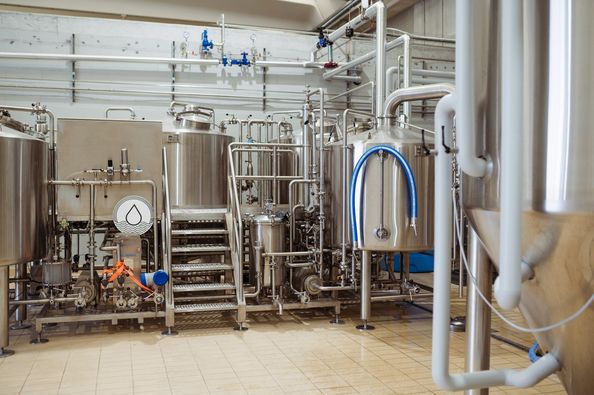
Overview of Fermenting Tanks
Fermenting tanks come in a range of sizes, shapes, and designs, catering to different needs. Whether you’re brewing craft beer or fermenting kombucha at scale, here are the essential details you need to know:
Key Features of Fermenting Tanks
- Material: Stainless steel is the most common choice due to its durability, hygiene, and resistance to corrosion.
- Capacity: Tanks range from small 5-gallon containers to massive 30,000-gallon vessels.
- Shape: Cylindroconical designs are popular for beer fermentation, while flat-bottomed tanks are common in winemaking.
- Temperature Control: Integrated cooling jackets or heating systems maintain optimal conditions.
- Sealing Mechanisms: Airtight seals prevent contamination and allow for precise gas management.
Troubleshooting Common Issues with Beer Fermenters
Even the best fermenting tanks can run into problems. Let’s look at common issues and how to address them:
Inconsistent Fermentation
- Cause: Temperature fluctuations or improper yeast pitching.
- Solution: Invest in a fermenter with precise temperature controls and ensure proper yeast preparation.
Leaking Seals
- Cause: Worn-out gaskets or poor maintenance.
- Solution: Regularly inspect seals and replace any damaged components.
Contamination
- Cause: Poor cleaning practices or exposure to non-sterile environments.
- Solution: Follow a rigorous cleaning and sanitization protocol.
Pressure Build-Up
- Cause: Malfunctioning airlocks or improper venting.
- Solution: Check airlocks regularly and ensure venting systems are operational.
The Brewing Process Using Fermenting Tanks
Brewing beer is as much an art as it is a science. The fermenting tank plays a pivotal role in this process. Here’s how it fits in:
1. Wort Preparation
After mashing and boiling, the wort (unfermented beer) is transferred to the fermenting tank. This is where the magic begins.
2. Yeast Pitching
Yeast is added to the tank, initiating fermentation. The yeast consumes sugars in the wort, producing alcohol and carbon dioxide.
3. Temperature Control
During fermentation, maintaining the right temperature is crucial. Fermenting tanks with built-in cooling systems ensure consistency.
4. Monitoring
Fermentation progress is tracked by measuring gravity, pH, and temperature.
5. Secondary Fermentation
Some beers undergo a secondary fermentation process in the same or separate tanks, enhancing flavor and carbonation.
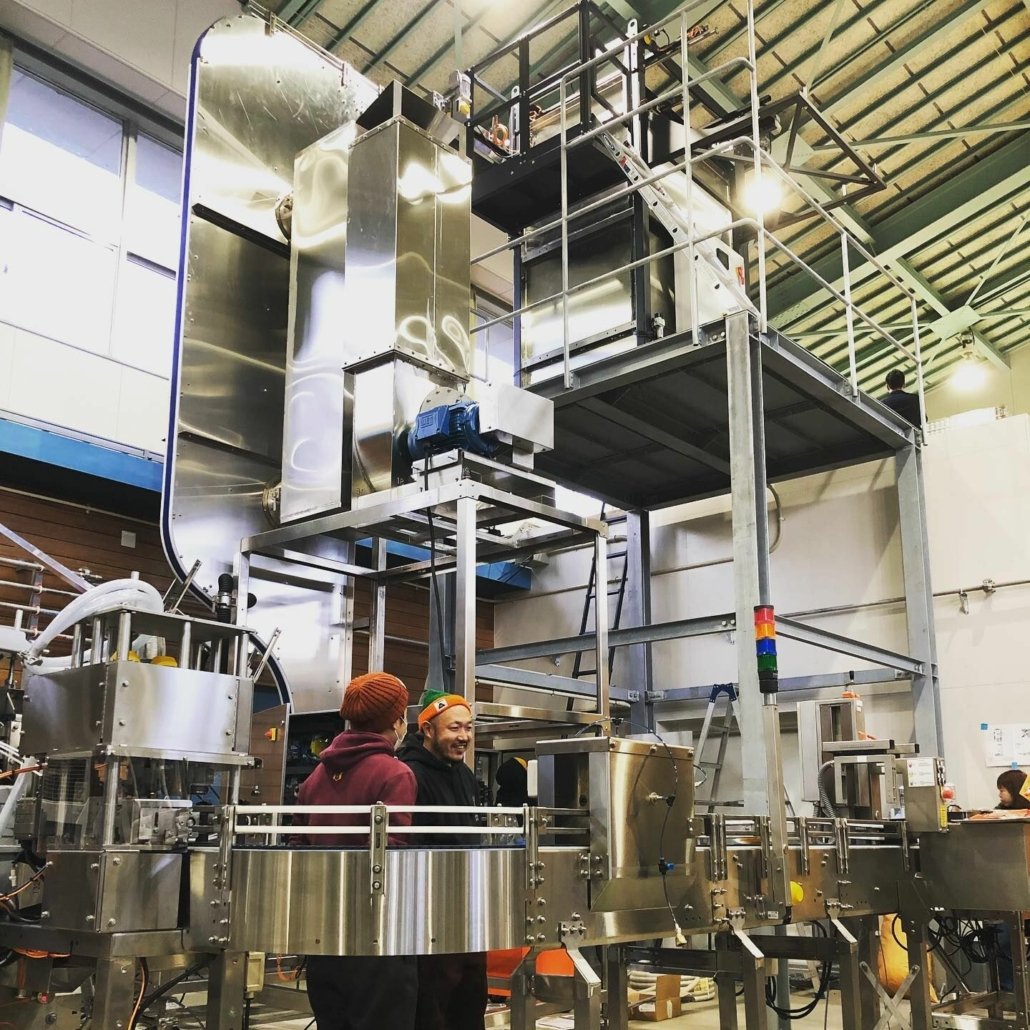

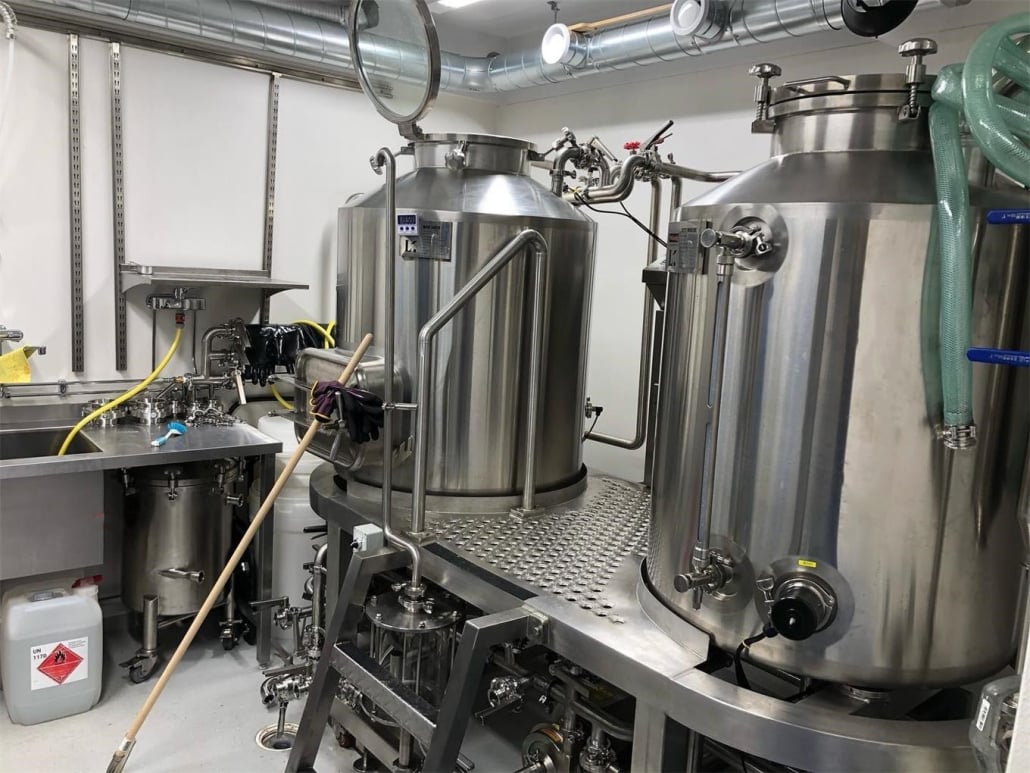
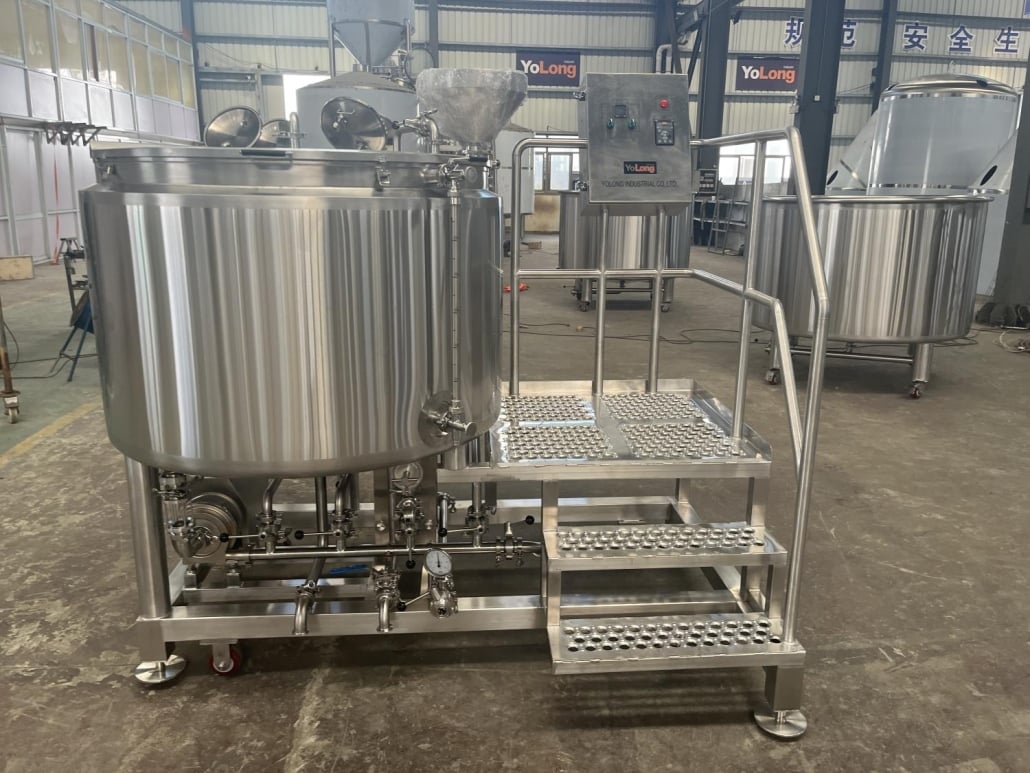
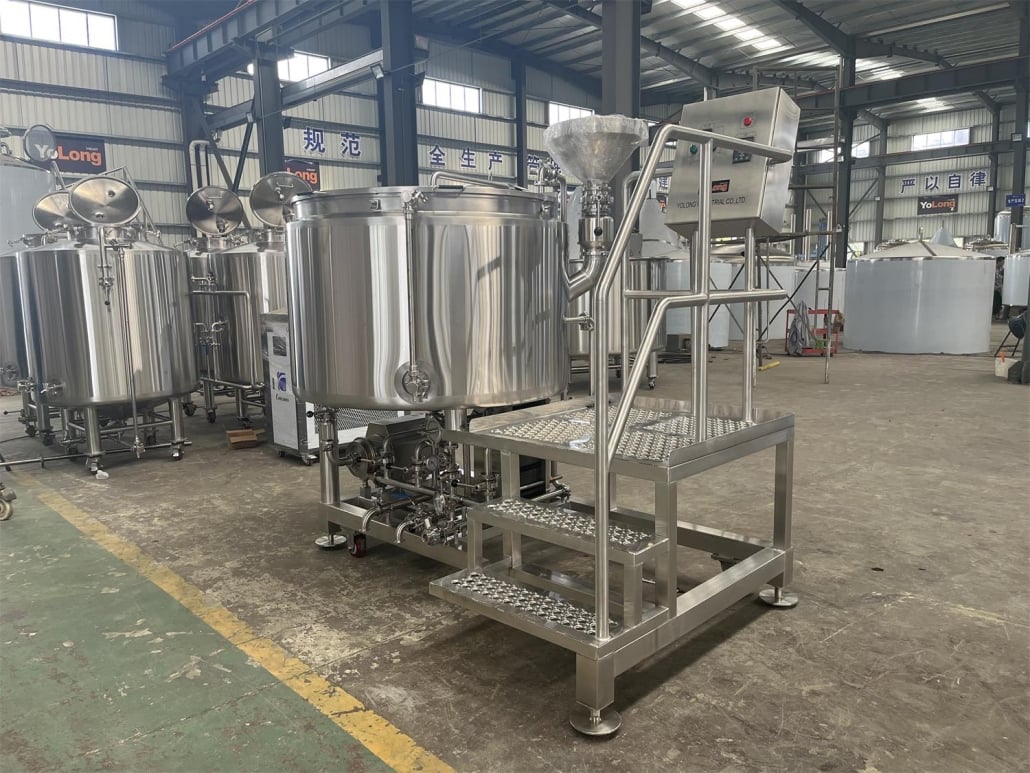
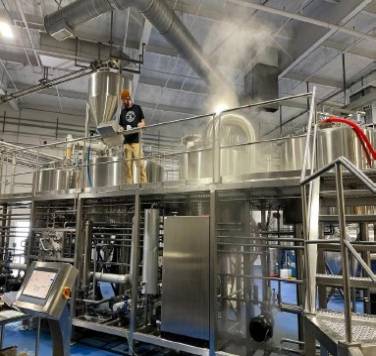
Fermenting Tank Specifications: Capacity, Design, and Customization
| Feature | Details |
|---|---|
| Capacity | Ranges from 5 gallons for homebrewers to 30,000 gallons for industrial use. |
| Material | Stainless steel, food-grade plastic, or glass. |
| Shape | Cylindrical, conical, or flat-bottomed. |
| Customization | Can include additional ports, sampling valves, or custom dimensions. |
| Temperature Control | Cooling jackets, immersion coils, or external chillers |
Leading Suppliers and Price Range for Fermenting Tanks
| Supplier | Price Range | Special Features |
|---|---|---|
| BrewTech Industries | $500 – $50,000 | Customizable designs, durable materials. |
| FermentX | $1,000 – $75,000 | Advanced temperature control systems. |
| CraftBrew Supplies | $800 – $20,000 | Affordable solutions for small-scale brewers. |
Installation, Operation, and Maintenance
| Aspect | Details |
|---|---|
| Installation | Requires professional setup for larger systems, including proper plumbing. |
| Operation | Ensure airtight seals and monitor fermentation parameters. |
| Maintenance | Regular cleaning, sanitization, and inspection of seals and valves. |
Choosing the Right Fermenting Tank Supplier
Selecting the right supplier can make or break your brewing operation. Consider these factors:
| Factor | Details |
|---|---|
| Reputation | Look for suppliers with positive reviews and industry experience. |
| Customization Options | Ensure the supplier can cater to specific requirements like size and temperature control. |
| Warranty and Support | Opt for suppliers offering robust warranties and after-sales service. |
| Price vs. Quality | Balance affordability with durability and performance. |
Comparing Pros and Cons of Fermenting Tanks
| Feature | Advantages | Disadvantages |
|---|---|---|
| Stainless Steel | Durable, easy to clean, resistant to contamination. | Expensive upfront cost. |
| Plastic | Affordable and lightweight. | Prone to scratches and potential contamination. |
| Glass | Allows visual monitoring of fermentation. | Fragile and requires careful handling. |
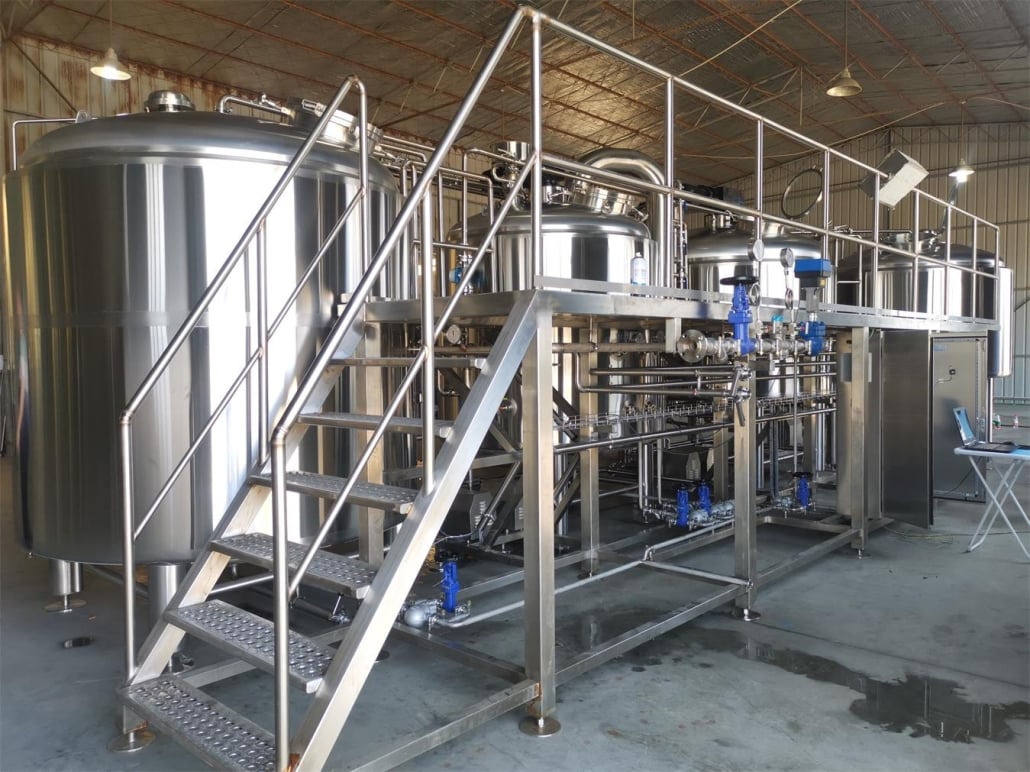
How to Operate Fermenting Tanks Effectively
Operating a fermenting tank requires attention to detail. Here’s how you can maximize its efficiency:
- Sanitize Everything: Start with a clean slate to prevent contamination.
- Monitor Conditions: Keep an eye on temperature, pressure, and gravity.
- Inspect Regularly: Check seals, valves, and cooling systems frequently.
- Document Data: Maintain records of each batch for quality control and troubleshooting.
FAQs
| Question | Answer |
|---|---|
| What is the best material for fermenting tanks? | Stainless steel is preferred for its durability and ease of cleaning. |
| How do I clean a fermenting tank? | Use a CIP (clean-in-place) system or manual scrubbing with sanitizers. |
| Can fermenting tanks be used for multiple products? | Yes, but thorough cleaning is essential to prevent cross-contamination. |
| What size fermenting tank do I need? | Depends on your production scale; consult with a supplier for advice. |
| Are fermenting tanks expensive? | Costs vary widely, but they are a worthwhile investment for quality production. |


